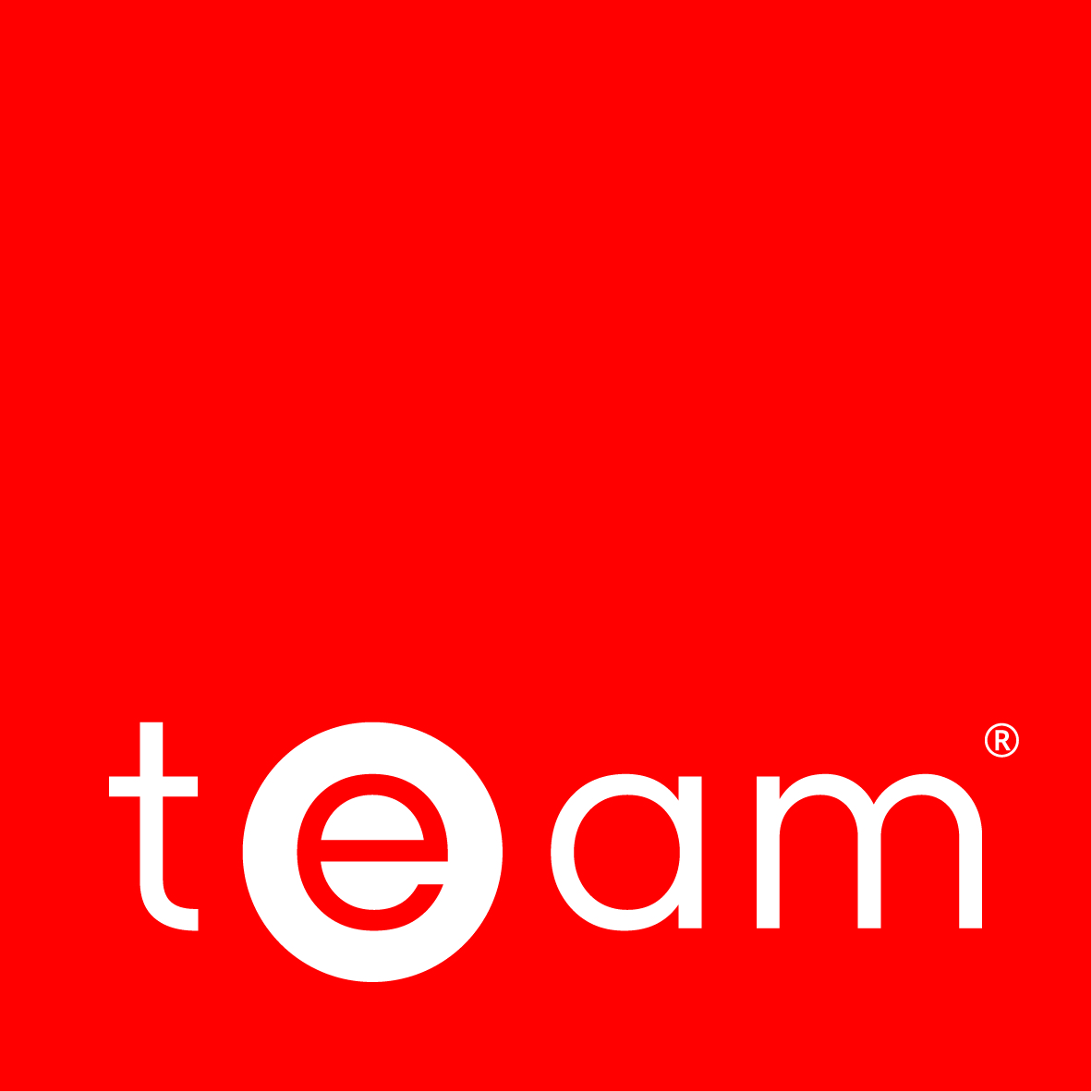What’s new for CRC Phase 2?
Henry Dougherty
Energy Consultant
Summarising the simplification for Phase 2 of the CRC
There are new rules for phase 2 of the CRC – covering the period 2014-19 (following on from transitional rules for 2012-2014).
The good news, and the bad news…
Welcome simplifications for phase 2 include:
- Only gas and electricity supplies are chargeable (and only those gas above 73200kWh consumption).
- There is no 90% rule – or footprint report – for Phase 2.
However, bad news includes:
- The cost per tonne of CO2 is going up to an average price of £16/tonne in 2014/15 (thereafter the £/tonne will be inflation-linked).
- There will be a more complicated operation of the online CRC Compliance Account, starting with the 2014/15 year, with 2 ordering/purchasing opportunities per CRC year (although some organisations have already decided to purchase the 5% cheaper “forecast tonnes” each April – and initially buy 10% more than expected for 14/15 and bank any credit).
Each organisation should decide now on their policy for operating the CRC Online Account – in liaison with the Senior Officer and Finance – as this helps budgeting for authorised CRC payments – and will allow your CRC contact to meet the various surrender deadlines.
For local authorities all forms of street-lighting will now be chargeable (regardless of passive or active metering) – which hopefully will be more than offset by the good news that schools are not CRC chargeable! DECC is assessing the loss of CRC revenue from excluding schools. This change has helped some authorities escape Phase 2 entirely – or reduced the costs of those who still qualify for Phase 2.
CRC Scheme Audit – Tips
Every participant is promised a CRC audit – whether offsite (requiring submission of evidence by email) and/ or a visit. I recommend you carry out a formal update of your Evidence Pack each year, although it is time consuming and costly to do – together with ongoing updates should you change sites, supplies or meters. When you are selected for audit, collating the Evidence Pack – to include the EA Annual Report and the annual data spreadsheet – is essential.
If, after submission of an Annual Report, you identify a serious error in the data – follow the EA’s formal procedure and send an error report. There are also procedures for claiming a refund.
Checklist – common errors in submissions
Common errors include:
- not including all sites (or relevant supplies on those sites)
- not identifying estimated supplies
- not using the rules correctly to categorise supplies
- claiming credits for onsite electricity generation for which you receive FIT or ROC payments;
- not having access to the “primary evidence” for consumptions
- using incomplete bill records (or consumption records generally) without filling gaps (and thus only paying for underestimated consumptions)
TEAM’s CRC software
TEAM will be launching a new updated version of our CRC software shortly. It is available via the TEAM Sigma Browser Interface – and this will allow multiple users to access and work on CRC.
The TEAM CRC Module software addresses the issues highlighted above.
The TEAM CRC software allows you to:
- Automatically fill any gaps in your data records (and identify where you need extra data)
- Identify CRC- estimated supplies
- Calculate the CRC costs
- Make notes for auditing purposes (against sites and supplies etc.),
- Track any status changes you make, and hence provide an audit trail
- Export the data (and lock the CRC year data) for auditing,
- Generate the Annual Report data
You need to create sites and supplies to match your asset list /portfolio.
What’s next for the CRC scheme?
I don’t anticipate any significant changes in the CRC until the Phase 3 qualification year!
As “credit” allowances in the CRC account cannot be carried forward into phase 3, you will need to be cautious in purchasing any forecast allowances for the final 2018-2019 year of Phase 2.
Find out more about TEAM CRC Software and TEAM CRC Consultancy Service.
